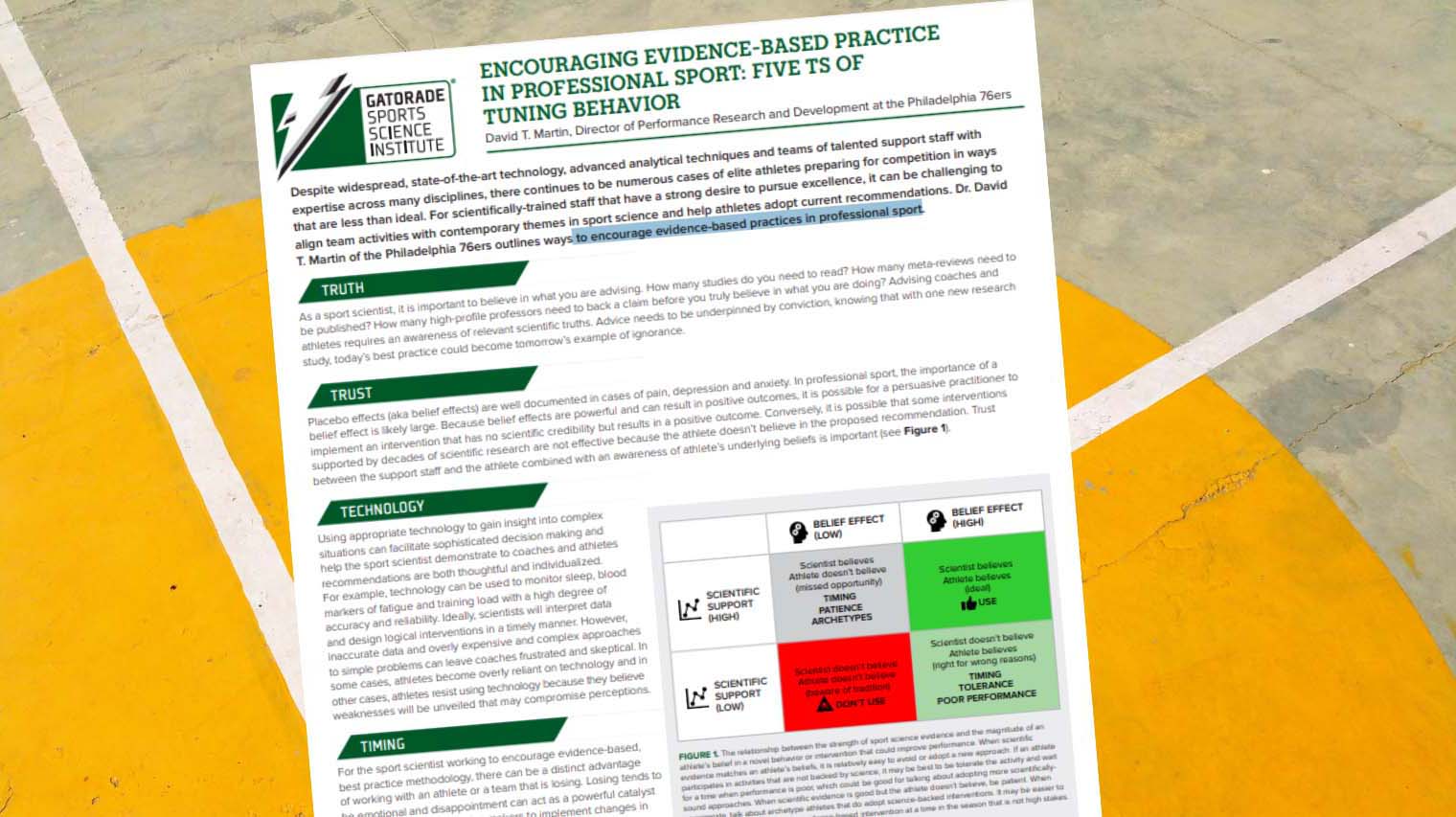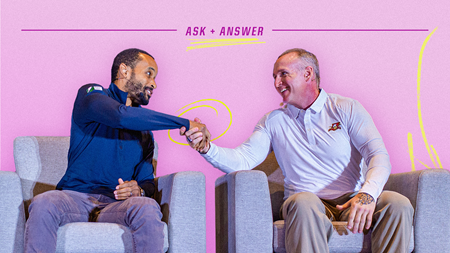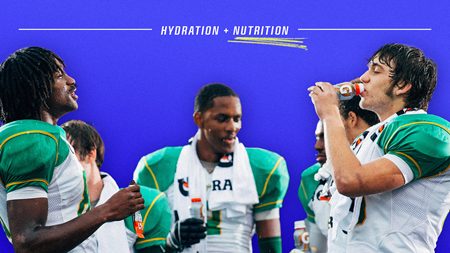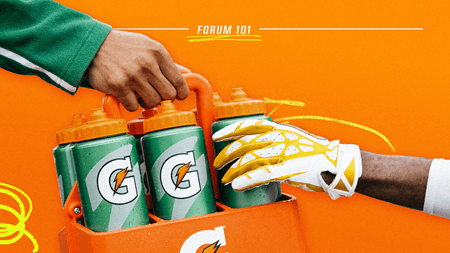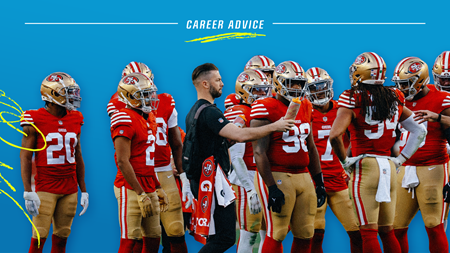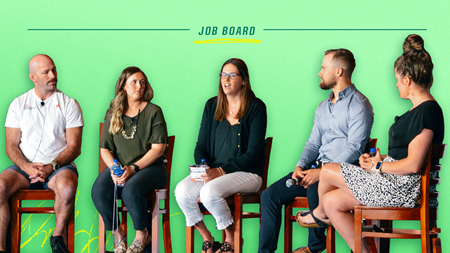Despite widespread, state-of-the-art technology, advanced analytical techniques and teams of talented support staff with expertise across many disciplines, there continues to be numerous cases of elite athletes preparing for competition in ways that are less than ideal. For scientifically-trained staff that have a strong desire to pursue excellence, it can be challenging to align team activities with contemporary themes in sport science and help athletes adopt current recommendations.
Dr. David T. Martin of the Philadelphia 76ers outlines the Five Ts of Tuning Behavior to encourage evidence-based practices in professional sport.
Five Ts of Tuning Behavior
Truth
As a sport scientist, it is important to believe in what you are advising.
- How many studies do you need to read?
- How many meta-reviews need to be published?
- How many high-profile professors need to back a claim before you truly believe in what you are doing?
Advising coaches and athletes requires an awareness of relevant scientific truths. Advice needs to be underpinned by conviction, knowing that with one new research study, today’s best practice could become tomorrow’s example of ignorance.
Trust
Placebo effects (aka belief effects) are well documented in cases of pain, depression and anxiety. In professional sport, the importance of a belief effect is likely large. Because belief effects are powerful and can result in positive outcomes, it is possible for a persuasive practitioner to implement an intervention that has no scientific credibility but results in a positive outcome. Conversely, it is possible that some interventions supported by decades of scientific research are not effective because the athlete doesn’t believe in the proposed recommendation. Trust between the support staff and the athlete combined with an awareness of the athlete’s underlying beliefs is important (see Figure 1).
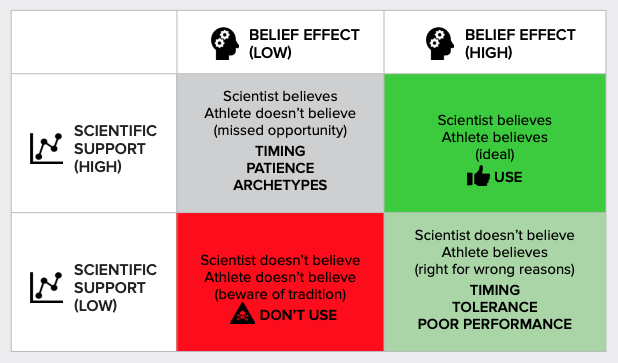
Technology
Using appropriate technology to gain insight into complex situations can facilitate sophisticated decision making and help the sport scientist demonstrate to coaches and athletes recommendations are both thoughtful and individualized. For example, technology can be used to monitor sleep, blood markers of fatigue and training load with a high degree of accuracy and reliability. Ideally, scientists will interpret data and design logical interventions in a timely manner. However, inaccurate data and overly expensive and complex approaches to simple problems can leave coaches frustrated and skeptical. In some cases, athletes become overly reliant on technology and in other cases, athletes resist using technology because they believe weaknesses will be unveiled that may compromise perceptions.
Timing
For the sport scientist working to encourage evidence-based, best practice methodology, there can be a distinct advantage of working with an athlete or a team that is losing. Losing tends to be emotional and disappointment can act as a powerful catalyst for athletes and key decision-makers to implement changes in hopes of becoming more competitive. For critical thinkers with great ideas, a losing team can open many opportunities to implement state-of-the-art, evidence-based techniques.
Team Behind the Team
As support staff for elite athletes grow from small "groups of generalists" to "teams of experts", achieving consistent “buy-in” from colleagues can be difficult. Many concepts in training, diet and recovery are intuitively appealing and easy to understand superficially. It is common to observe diverse opinions across support staff, many with little experience or expertise. It is important to find the time to privately discuss issues so that final decisions are supported by colleagues. Back seat drivers, passive-aggressive personalities and fair-weather sailors can all undermine the most valiant attempts to improve a player's behavior. One bad performance followed by several disparaging comments from an unconvinced colleague who suggests that a new protocol is to blame can be enough to convince an athlete to search for something new.
